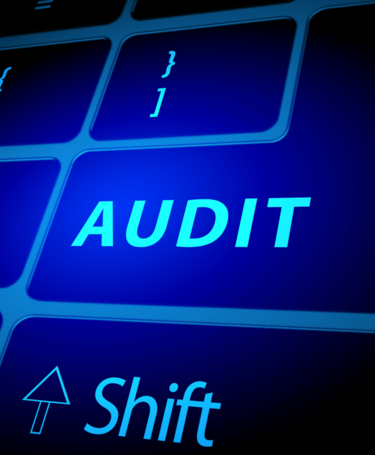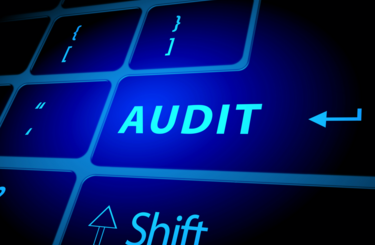
Auditing in the 'new normal'

Roland Tan, Principal Consultant/Director at EQOSH Management Pty Ltd, Australia, provides some key considerations and guidance for performing audits in the ‘new normal’.
Covid-19 is a virulent coronavirus that has killed over 1.6m and infected more than 73m people globally, according to the latest figures from worldometers.info. Until the vaccine is rolled out and the infectiveness and health consequences of the contagion are diminished, all work activities, including auditing, need to be planned and completed in a safe way.
This article shares some practical, risk-based considerations when planning and conducting audits safely and effectively, during this pandemic. The following suggestions are based on the author’s experience living and working in Melbourne – the capital of Victoria state and the second largest city in Australia. Until recently, the city had been able to turn the curve and lift many restrictions, which included the closure of most workplaces and social venues.
Considerations for conducting new normal audits
It is important for auditors, to monitor and be aware of the changes in the legislation that impact work and risks, which can vary between different workplaces. Interested parties, including the auditor, suppliers, contractors and immediate family members or housemates, should be considered in the risk assessment process during audit planning to ensure adequate risk assessment and controls are available in supporting the feasibility, effectiveness and efficiency of the planned audit.
During the lockdown in Victoria, only essential works were permitted with conditions imposed such as issuance of work permits, limits on the number of employees in the workplace and work durations that were managed by the employer. Mandatory masking of everyone in Victoria, – except those with medical and age exemptions continue to this day as well as social distancing, 14 days of self-isolation for confirmed and suspected infections and mandatory reporting of confirmed infections to the authorities. In this current situation, many audits have been completed remotely, using video conferencing tools such as Zoom and Microsoft Teams, to ensure audits are performed safely throughout the lockdown period.
In general, the auditor should work remotely if the risks are high and effective controls are not available; Victoria’s CovidSafe Plans provide guidelines in assuring a Covid-safe workplace for everyone.
Audit planning
In light of the pandemic, the following audit planning considerations should be taken on-board:
- Update knowledge of changing legislation and business constraints.
- Assess the auditor-auditee and other interacting interested parties personal health risk, specific work risks including site emergency preparedness, and the availability of necessary controls. Consideration should be given to the weighting of remote versus face-to-face audits, where the availability and effectiveness of distancing, ventilation, masking and personal hygiene controls are determined.
- The auditor must consult and communicate effectively with the audit supervisor, family/house members, auditee and other interested parties
- The auditor must also confirm if the auditee has updated their legislative and other requirements (eg, code of practice, guidelines, safety data sheets related to infection control of the coronavirus) and risk controls.
Audit delivery considerations
Once the audit planning has been sorted, the next part is to deliver the audit by taking on these key considerations below:
- Confirm that all risks and necessary controls are available as planned with the client in the opening meeting.
- During the audit, ensure that you immediately raise any concerns over breaches in risk controls if they occur, and seek resolution where possible.
- You may have to discontinue the audit if you or someone in the organisation is feeling unwell, displaying Covid-19 symptoms or is not abiding with the agreed controls, prior to the audit
- Identify the effectiveness of planning and operational controls in preventing and mitigating the coronavirus and offer further improvements, if necessary, during the closing meeting.
If Covid-19 symptoms are experienced before or during another audit assignment (eg, back to back schedule scenario), the unwell auditor is advised to promptly go for testing and self-isolate until the test results can confirm whether or not the auditor has been infected and if he/she is able to continue with the other audit. If the test results indicate infection, then the auditor is obliged to immediately inform the clients of the workplaces and any other venues that he/she had visited.
Consideration of new normal audits should now include an assessment and control of the risk of Covid-19 infections – based on the legislative requirements and best practice advice by the experts (eg, a CovidSafe Plan, masking, ventilation, distancing requirements, cleaning and disinfection protocols).
As a general rule, remote auditing should be the preferred mode to audit unless the workplace is deemed to be safe enough to work in
For further Covid-related content, visit: quality.org/content/coronavirus